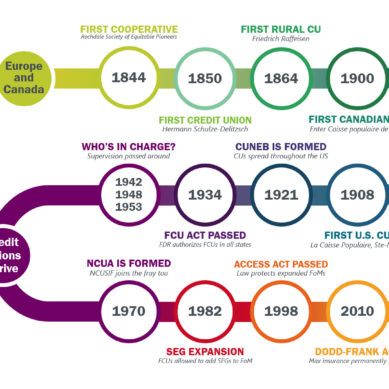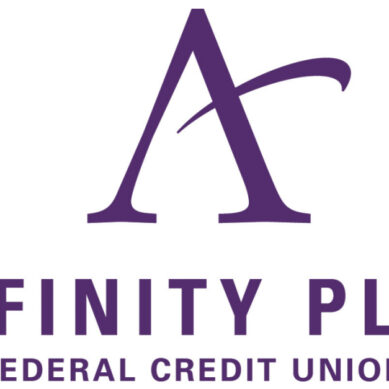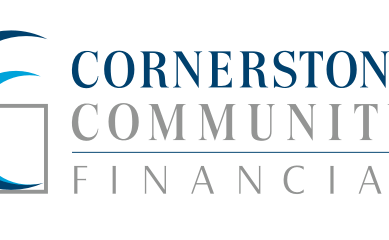For over one hundred years, credit unions have offered consumers financial options. They have protected consumers by offering lower interest rates on loans, higher interest rates on savings, and from being gouged by fees and unfair business practices. All the while, credit unions have embraced the idea of choice by personalizing service and rewarding those who dare to become a part of the movement by calling themselves credit union members.
Yet, in the doing, America’s credit unions are threatened by the lack of choice for protecting the funds of the members they serve. Government regulators in Michigan say state-chartered credit unions must be federally insured. Credit unions, especially in today’s climate, need choices affording the ability to continue to serve their members just as they have for hundreds of years.
What’s really going on?
You don’t have to look hard to find the disparity of choice in today’s financial system. The current Michigan Credit Union Act denies state-chartered credit unions the very principle of market choice when it addresses deposit insurance. As written and enforced today, state-chartered credit unions must obtain deposit insurance as part of their chartering requirements.
But unlike the credit union acts in the neighboring states of Ohio and Indiana (and eight other states), Michigan state-chartered credit unions have only one option for a provider of deposit insurance: the National Credit Union Share Insurance Fund (NCUSIF).
Credit unions deserve better choices
As a fellow Michigander with a lot at stake in the issue, I began to examine the issue further. Was my credit union at risk by the limits forced upon them by regulators? Were the financial choices of my children and their families limited without putting the power of choice into the hands of state-charted credit unions?
In our free market economy, it is well-proven that having product and service options is essential to the health of marketplace dynamics. Competition in design, price, and service brings better solutions. A regulatory limitation on product choice runs counter to the democratic, cooperative, and collaborative business principles that credit unions are built on.
When there are choices, there is competition. Competition drives better choices. Better choices equal economic sense. The health and viability of the constitutionally authorized dual-chartering system are enhanced when there are private insurance options available to credit unions that have selected the state charter option.
What can you do?
The current Michigan Credit Union Act is viewed as being one of the best-designed state acts in the country. Adding the option for self-determination of deposit insurance provider would make it even better. Help me support the case for choice with your actionable effort.
- Encourage your peers and credit union members to speak out, support, and sign the petition for change either individually or with a member of the committee for public opinion.
- Publicize the effort in your credit union marketing.
- Encourage others to sign.
- Speak about the issue whenever possible (i.e., league meetings, meetings with peers, conferences…).
- Speak to your state legislators, both House and Senate.
What happens next?
The Michigan Department of Insurance and Financial Services (DIFS) is responsible for submitting appropriate amendment language. With a petition in hand, leaders of influence can meet with the Director of the Credit Union Division of the Michigan DIFS and any other appropriate government officials and legislators. For hundreds of years, credit unions have helped us. Now, it is our turn!
































































